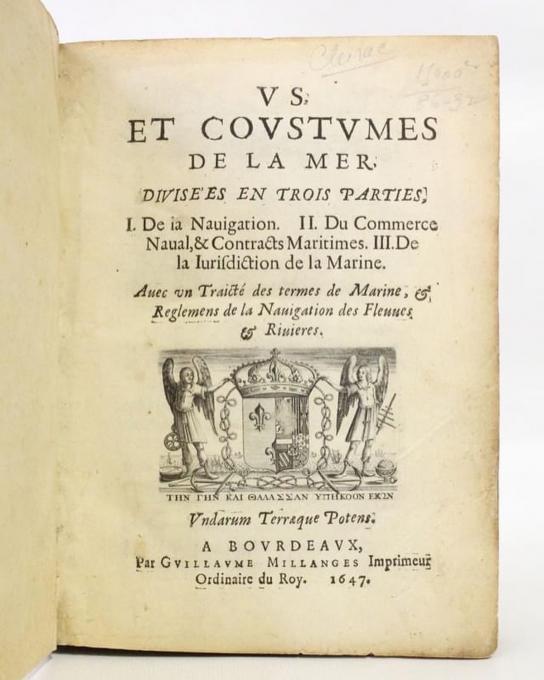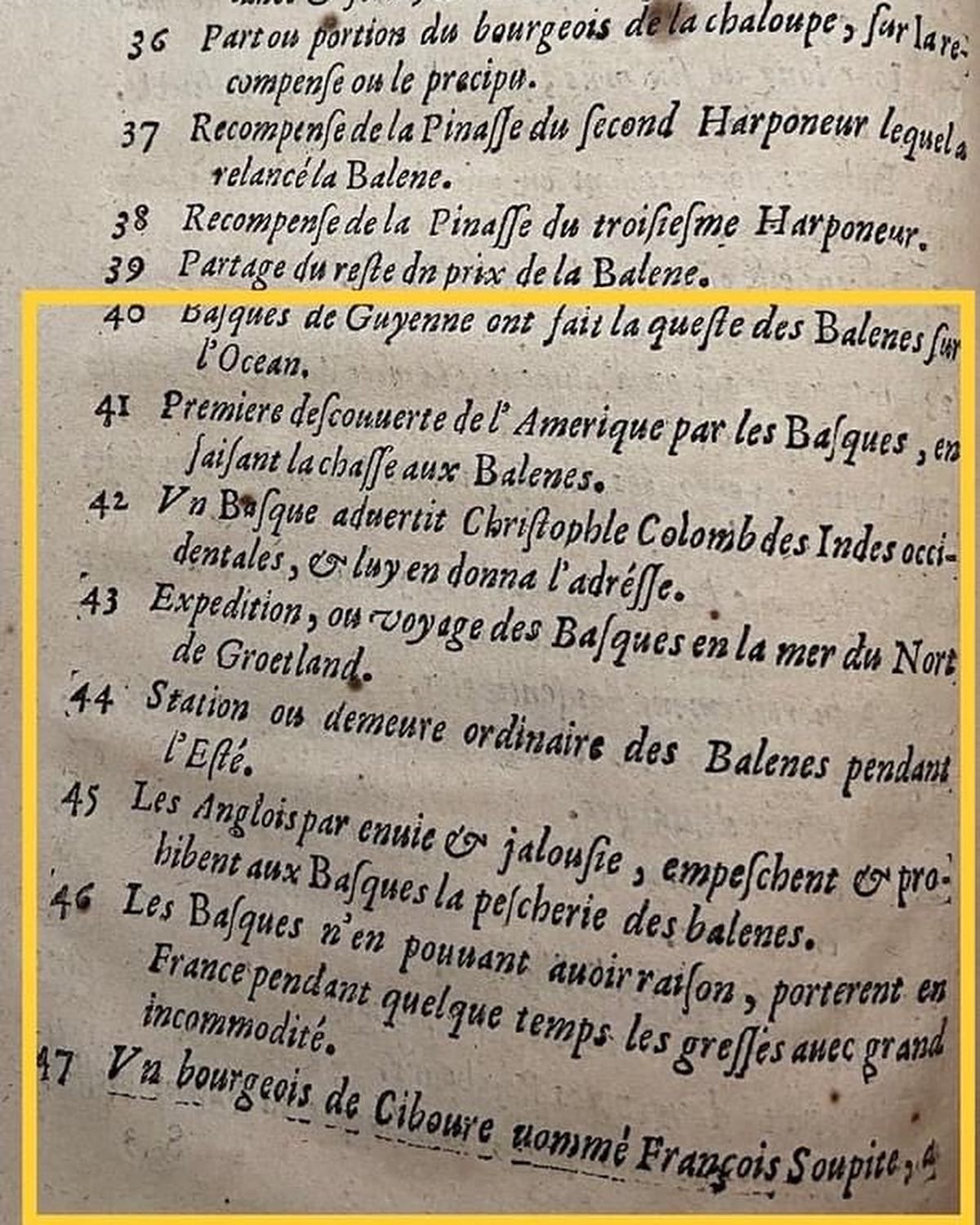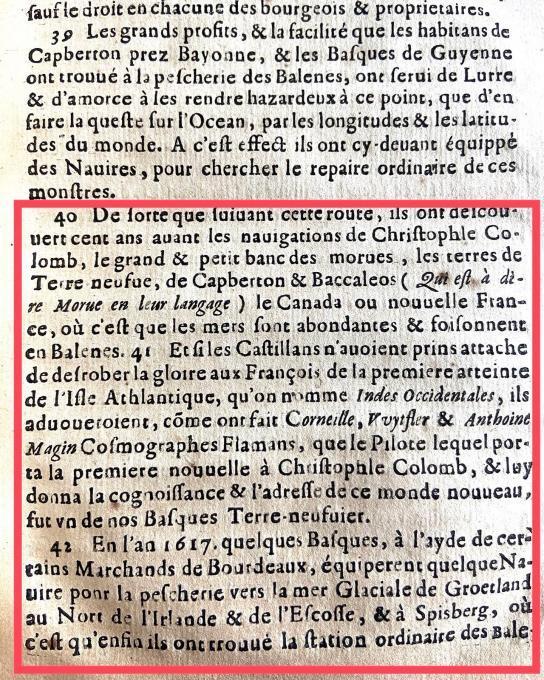Who were the Portuguese explorers in Canada?It is believed that Diogo de Teive (1452), João Vaz Corte-Real (1470), Joao FERNANDES and Pedro de Barcelos (1493) touched on the eastern coast of Canada, and conclusive evidence exists about explorations by Miguel and Gaspar CORTE-REAL, who were lost in Newfoundland waters in 1501 and 1502 respectively.
The most known and accepted second hypotheses is that the Canadian Atlantic lands were discovered in 1472, by João Fernandes, a Portuguese sailor who offered the Portuguese King Dom Manuel I (1469-1521) his services to explore these new lands.
Aug 8, 2017
Who was the first Portuguese person to set foot in the Americas?
Here's a map of Portuguese exploration.
Wow. They landed in Newfoundland in 1473. But the official date is 1501 under Gaspar & Miguel Corte-Real. An expedition led by Pedro Álvares Cabral landed in Brazil in 1500.
Portuguese discoveries - Wikipedia
But I believe Basques, Bretons, Icelanders and Portuguese have been coming to Newfoundland and Labrador way before Columbus. The Grand Banks was full of cod. They fished there and landed to dry it into bacalao. Catholics eat fish on Fridays and Lent. All fishermen are the same around the world. They're not gonna blab about their lucrative fishing hole.
Diogo de Teive discovers the Americas in the 1452
Article
Diogo de Teive discovers the Americas in the 1452 | alternatehistory.com
Newfoundland discovered in 1452 by early Portuguese Explorers is possible, but it does require more research.


